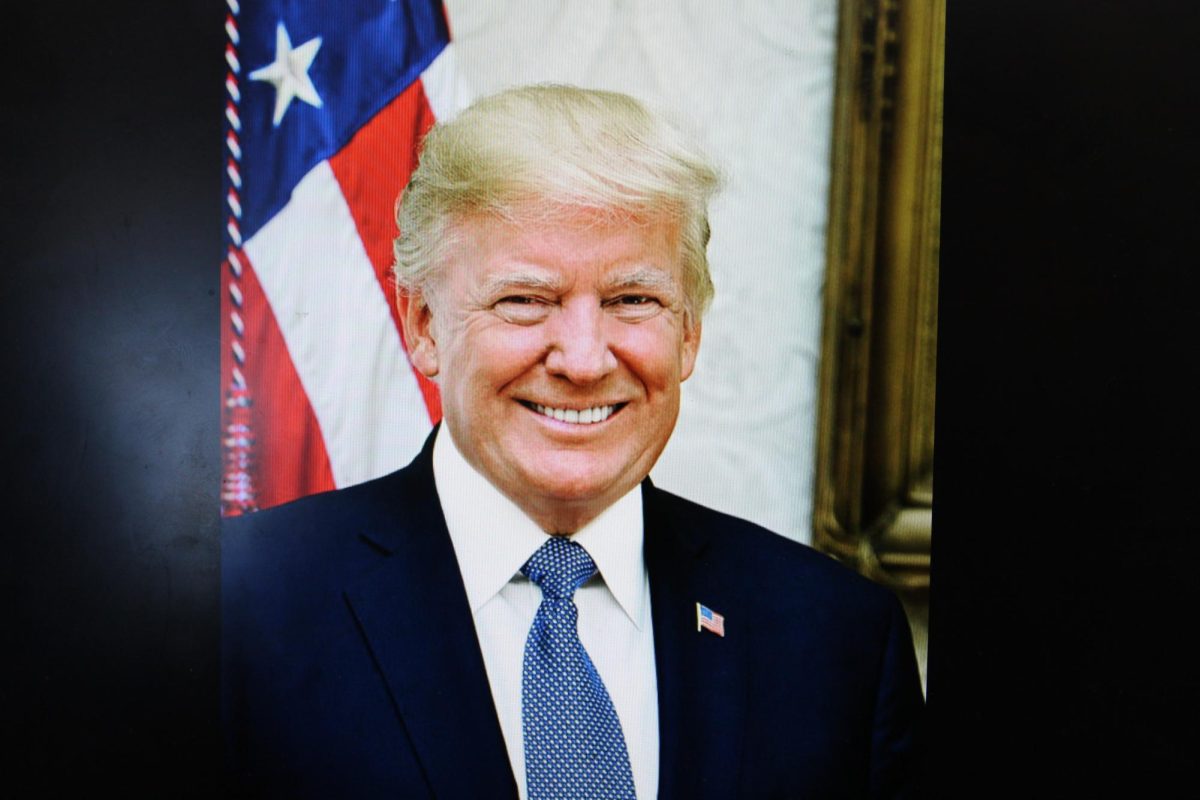Former President of the United States, Donald J. Trump and his new running mate JD Vance won the presidential election of 2024. Because of this, Trump is also now the first president to be elected after being impeached by the House of Representatives for abuse of power and obstruction of Congress in December 2019. He was also then impeached again for incitement of insurrection in January 2021. As of now, the nation looks forward to a new administration for hopes of change. Still, many are curious about the policies President Trump will bring.
Trump has made various promises during the presidential debates in 2024. These promises have caused speculation and concern that his policies may lead to significant economic disruption and negative impacts for the low-income citizens of our country. Particularly a further emphasis on the most controversial and discussed policies: education, immigration, and foreign affairs.
Recent reports of Trump’s plan to abolish the Department of Education is facing significant criticism. According to BBC News, Trump has accused the agency of “indoctrinating young people with inappropriate racial, sexual, and political material.” On the U.S Department of Education website, the program was established in 1979 to help financially struggling low-income students attend university, and it enforces civil rights law that prevents race or sex-based discrimination in schools. The removal of the department would devastate low-income communities, as many students need and rely on financial aid for a higher education. The misconception about this abolishment is that it cannot be done with just Trump’s power; he would need approval from Congress, which would be a supermajority of 60 out of 100 senators. Even in the House of Representatives, Trump would struggle to gain necessary support. Furthermore, according to Holland & Knight, Trump also wants to increase regulation of student loan forgiveness by the Office of Federal Student Aid (FSA). This makes the eligibility in order to gain student aid be more difficult, despite many people’s unique circumstances.
Trump has also emboldened his resolutions of immigration in preparation of his second term. His central promise in his 2024 campaign was to “carry out the largest domestic deportation operation in American history,” once he takes office. In the article by American Civil Liberties Union, Trump also mischaracterizes the Catch and Release Policy, stating that he will instill detaining all individuals, and implement the removal process. In addition, according to The New York Times, Trump also plans to end the Deferred Action for Childhood Arrivals (DACA) program, known as “birthright” citizenship for children born in the U.S to immigrant parents. This promise, if passed through, will need an expansion of police forces and huge amounts of taxpayer money in order to execute. Many are extremely concerned with these promises as this defies rights stated in the Constitution, as well as breaking apart families of contributing members of society. The Fifth and Fourteenth Amendments guarantee the equal protection of the laws, which also includes freedom from racial discrimination by law enforcement. It doesn’t matter if its officers belong to ICE, Border protection, military, police, they all have to abide by these rules.
The last policy in the spotlight of controversy is Trump’s plans of imposing a 10 to 20 percent increase in tariffs on U.S trading partners such as Canada and Mexico, and a 60 percent increase on China’s goods such as steel, aluminum, washing machines, solar panels according to Chatham House. In a Tax Foundation article, the Trump administration imposed 80 billion dollars worth of new taxes on Americans from the levying tariffs on products, which amounts to one of the largest tax increases in decades. Trump insists that tariffs will be paid by foreign countries, but in reality American companies, the importers, who pay those tariffs, will increase the costs to the customers due to the imposed tariffs. In reality, economists say consumers usually end up paying the most because of the tariffs. The results of these additional tariffs would be a trade war as in response, countries would increase tariffs on the U.S, and would endanger trade agreements already established.
The proposed policies on education, immigration, and trade have sparked intense debate and concern. The most common misconception of Trump’s policies is mostly people believing that he is able to pass these policies by himself or just by saying these statements but in actuality the process involves multiple layers of government, including Congress. Each policy proposal must go through debates, and approval before it can be implemented. There is no doubt that the coming years will be a critical period for the United States, as the country navigates these issues.








